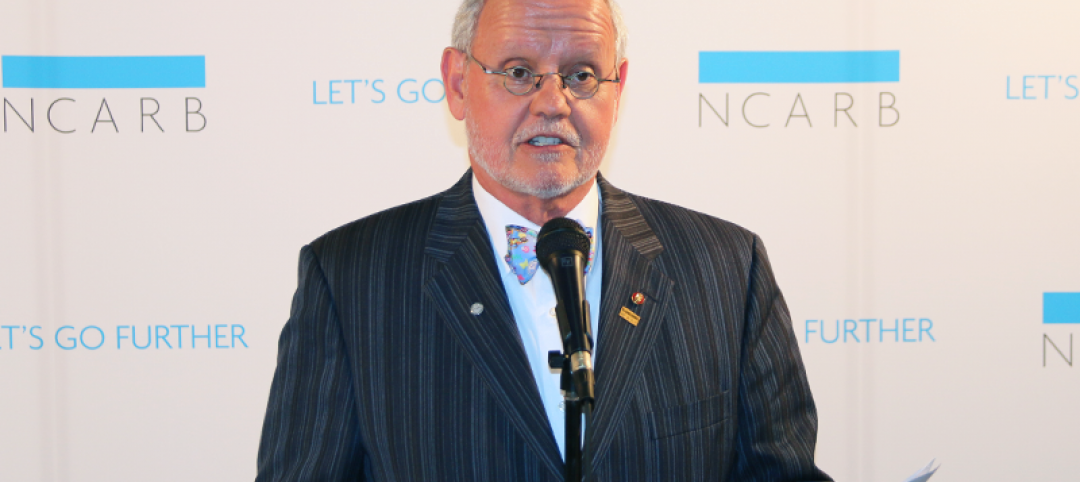Jessica Helfand and Michael Bierut, writers, graphic designers, and co-founders of Design Observer, will join the Yale School of Management as faculty in design this summer.
In 2003, Helfand and Bierut worked with writer Rick Poynor and author and designer William Drenttel to establish Design Observer, a website with news, features, and essays on design, urbanism, innovation and pop culture.
Helfand and Bierut believe that a quality faculty, solid curriculum, and involvement in the 28-school Global Network for Advanced Management will allow the Yale School of Management to introduce and integrate design across its programs.
“At SOM, we will approach it as one might a second language, introducing theory and practice, defining visual grammar, reframing expression, construction, and craft,” Helfand and Bierut wrote on Design Observer. “Can we move beyond the clichés of whiteboards and Magic Markers, away from Post-It notes and buzzwords, and past the overused promises of ‘design thinking’ to define new ways of exploring the value that design can bring to business—and to a larger world? We think so—and SOM does, too.”
Helfand graduated from Yale with Master of Fine Arts and has taught at the university since 1994. She has written books on subjects like graphic designer Paul Rand and the information wheel. Her book on scrapbooks, titled Scrapbooks: An American History, was named the best visual book of 2008 by The New York Times.
Bierut, a partner with Pentagram, the world’s largest independent design consultancy, is a Senior Critic in Graphic Design at the Yale School of Art. With Pentagram, he has led identity and branding strategies for companies like Benetton, Verizon, and the New York Jets, and his work has been added to permanent collections at New York City’s Museum of Modern Art (MoMA) and the Library of Congress in Washington, D.C.
Related Stories
Architects | May 17, 2015
NCARB wants the title ‘architect’ confined to those who are licensed
The Council is urging state licensing boards to come up with a substitute for the pre-licensure title ‘Intern.’
Museums | May 13, 2015
The museum of tomorrow: 8 things to know about cultural institutions in today’s society
Entertainment-based experiences, personal journeys, and community engagement are among the key themes that cultural institutions must embrace to stay relevant, write Gensler's Diana Lee and Richard Jacob.
Industrial Facilities | May 11, 2015
SOM-designed Manufacturing and Design Innovation Institute opens in Chicago
The new space will be a place for academia, industries, and civic bodies to collaborate.
Sponsored | Roofing | May 11, 2015
How architects can tap into the expertise of their metal roof manufacturer, part 2
Here are three things metal roof manufacturers can do to help the architect
BIM and Information Technology | May 10, 2015
How beacons will change architecture
Indoor positioning is right around the corner. Here is why it matters.
Architects | May 10, 2015
Harness the connection between managing risk and increasing profitability, Part 2
In Part 1, we covered taking control of the submittals schedule and managing RFIs. Let’s move on to properly allocating substitutions and limiting change orders.
Architects | May 10, 2015
Harness the connection between managing risk and increasing profitability, Part 1
AE firms need to protect themselves against vague contractual and procedural situations during all phases of the project in order to minimize their liability and exposure to risk, writes AEC industry consultant Steve Whitehorn.
Building Team | May 8, 2015
Construction industry adds 45,000 jobs in April
The construction industry saw an increase in jobs during the month of April after losing approximately 9,000 positions in March.
Building Team | May 8, 2015
Surety bond forms specifically for design-build projects now available
The documents are the first of their kind to be coauthored by designers and builders.
High-rise Construction | May 6, 2015
Parks in the sky? Subterranean bike paths? Meet the livable city, designed in 3D
Today’s great cities must be resilient—and open—to many things, including the influx of humanity, writes Gensler co-CEO Andy Cohen.
















